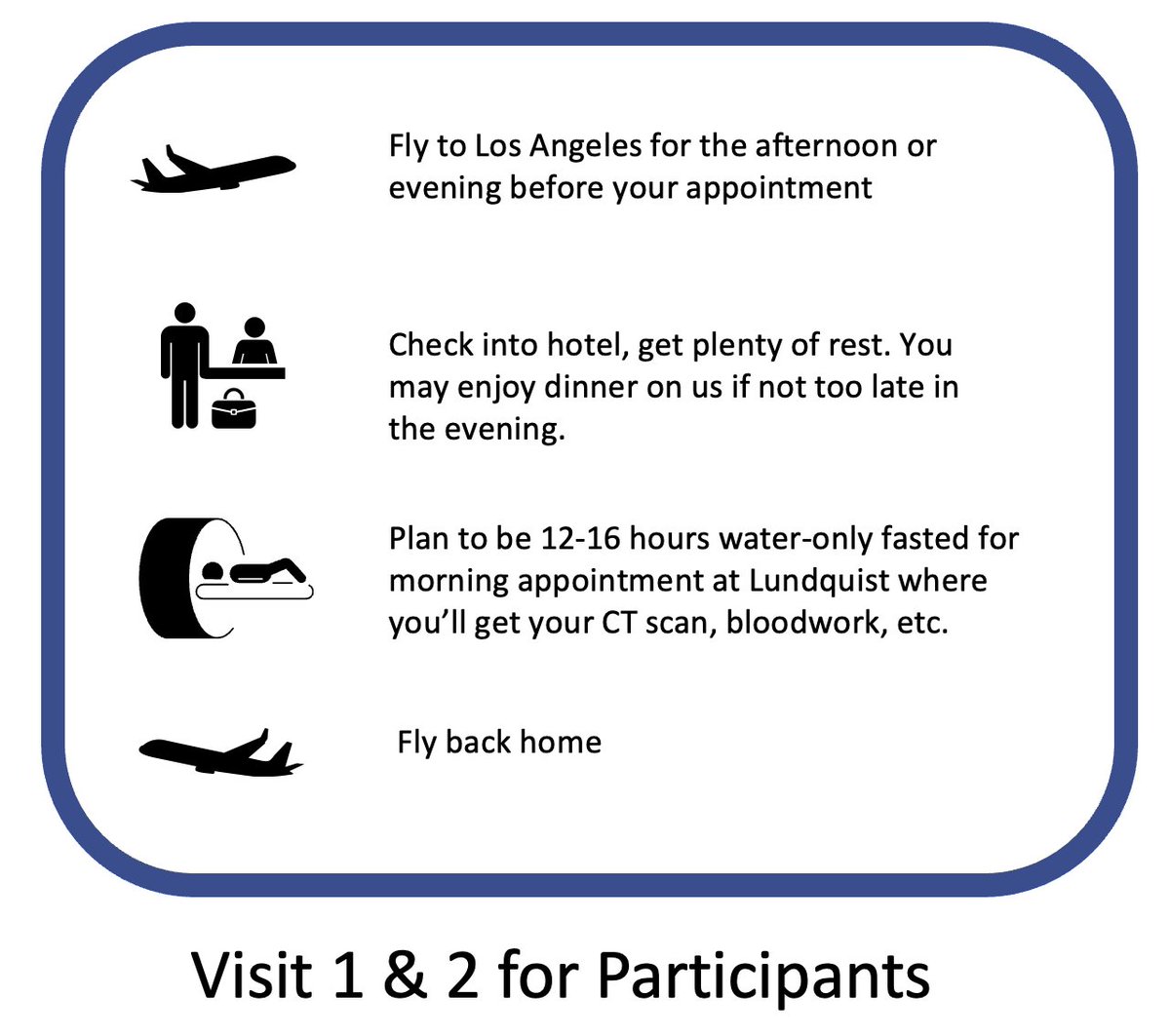1/ #ListeningThread
My interview on @IanCramer's podcast is up.
It's been many months since we recorded, so I may give it a re-listen...
My interview on @IanCramer's podcast is up.
It's been many months since we recorded, so I may give it a re-listen...
https://twitter.com/IanCramer/status/1302691358520508416
2/ Ha! When @IanCramer has me give a little background on how I got into this space, I give one of the clumsier setups I think I've given in an interview. Not the best intro for the energy model either- but you can always check out the general poster here: CholesterolCode.com/model
3/ @IanCramer asks me for a "50,000 foot view of my thesis" where I walk it into the "high LDL where metabolically induced" context.
This leads me into introduction of how #LDL particles relate to the immune response as illustrated by @siobhan_huggins cholesterolcode.com/lipoprotein-po…
This leads me into introduction of how #LDL particles relate to the immune response as illustrated by @siobhan_huggins cholesterolcode.com/lipoprotein-po…
4/ @IanCramer: "I think if you take someone who is, as you put it, metabolically unhealthy and put them on a ketogenic diet and all of these markers improve -- except for the LDL -- I think this is absolutely a good thing."
5/ "... But I'd caveat that by saying, I think that the LDL cholesterol, LDL particles [being high] is still a risk factor... why not take that additional step and say, 'hey, let's try to bring this down a little bit.'"
6/ About 25 minutes in I give a decent setup for Lipid Profile vs Lipoprotein-centric view points.
But that said, I know I need to do a larger article, video, or both to really unpack it.
But that said, I know I need to do a larger article, video, or both to really unpack it.
7/ At around 41 minutes we get into genetics. I brought up my interest in genetic abnormalities with regard to immune cells, but ironically, I hadn't yet read this paper at the point of recording- which happens to fall in line with what I was discussing pubmed.ncbi.nlm.nih.gov/27680891/
8/ Really, really love the last 20m of this podcast.
@IanCramer and I had some deep discussion on the importance of civility and respectful discourse with people of differing opinions.
Naturally, I have to again applaud his efforts in being such a strong example of this himself
@IanCramer and I had some deep discussion on the importance of civility and respectful discourse with people of differing opinions.
Naturally, I have to again applaud his efforts in being such a strong example of this himself
• • •
Missing some Tweet in this thread? You can try to
force a refresh












